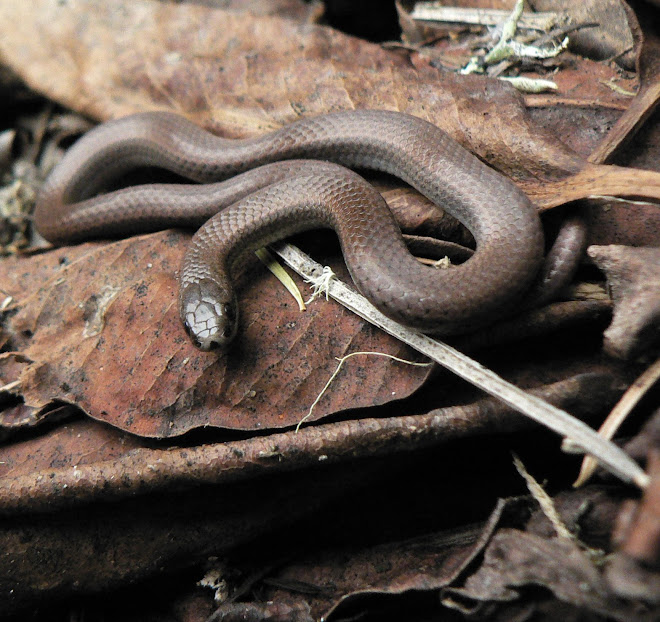Say No To Drugs (pesticide use)
June 3, 2003
The federal government’s new pot bill is in the news these days, with many people voicing concerns for and against. But what about the use of other drugs in our community, ones that are proven to cause serious health problems?
Pesticides are likened to drugs for our lawns and gardens and pesticide reduction, integrated pest management (or IPM) and pesticide free are the new catchwords.
Why should we care? How about these numbers from the World Wildlife Fund? 50,000,000 kilograms of pesticide are used each year in Canada, 70% of which are used on crops. A conventional 18 hole golf course is sprayed with 700 kg of pesticide annually, 700% per hectare more than is used on farmland. On average an apple is sprayed 12-20 times before harvest. Big numbers.
Some members of our community are worried about pesticide use in Metchosin, especially where it can affect the most vulnerable among us, our children and seniors. Pesticide use can contribute to soil and groundwater pollution, it can wipe out beneficial predators and microorganisms as well as the target species and it can affect the health of ourselves, our pets and our loved ones.
Your children are most susceptible because:
• Their small size means that per kilo of body weight they can absorb more pesticides than an adult.
• They are closer to the ground resulting in higher levels of pesticide in their breathing zone.
• They play on the ground where pesticides are more likely to be applied and they put contaminated objects and fingers in their mouths.
• Their defense mechanisms are not fully developed, leaving them more vulnerable to toxic effects.
The federal and provincial governments as well as the CRD and our municipal council have all looked at pesticides and their effect on us and on the environment. Each level of government has recognized the dangers of pesticide use and addressed this issue. Ever the trend setters, our council passed a guideline restricting cosmetic pesticide use on municipal grounds in 2001. Now the CRD Roundtable on the Environment has produced an excellent guide to pesticide alternatives titled “Playing it Safe: Reducing Pesticide Use in Our Community”.
Just as a proper diet is considered an effective preventative measure to reduce the chance of certain cancers and chemotherapy is the mighty drug arsenal used to defeat cancers, so healthy growing conditions prevent most pest outbreaks and pesticide use should be the last resort to fight serious infestations.
There are measures we can all take to reduce or eliminate pesticides in our lives.
• Eat organic and if that is not always possible, these are 12 of the most heavily sprayed foods:
Apricots Bananas Bell peppers Cherries
Grapes Cucumbers Green beans Cantaloupe
Lettuce Potatoes Spinach Tomatoes
When gardening:
• Build healthy soils by fertilizing naturally. Nourish your garden and lawn with compost, manure, grass clippings and/or slow release organic fertilizer.
• Aerate your lawn in spring or fall to relieve compaction.
• Overseed annually to keep your lawn thick and healthy, this helps the grass outcompete the weeds. Although this doesn’t work so well if you are trying to create a native wildflower meadow, where native plants need space to grow amongst the grasses!
• Choose plants and grass seed mixes suitable for your area. Native shrubs like mock orange and flowering currant are beautiful and need little care.
• Use a mixture of plants. There is less chance of a serious pest outbreak when the garden is planted with many different species.
• Some plants, such as marigolds, are said to deter pests.
• Use crop rotation in your food garden.
• Use mulches to prevent weeds from germinating and to protect the soil. A thick layer of newspaper with an added layer of leaf mulch can effectively convert an area of grass to a flower bed without the use of Round-up.
If you discover a pest problem:
• Be sure you know the pest you are dealing with. Consult garden centres, our local gardening club, books, the internet. It does no good to spray for fungus if aphids are the problem.
• How serious is the problem? Are beneficial insects already attacking the pests? Give them a chance to complete their job. Can you live with a certain amount of damage? Is the damage affecting plant health or is it just aesthetics?
• Use the least harmful and most natural solution first. Are there non toxic methods to control the pest that can be used? These can range from biological controls to soaps to hand weeding to the use of disease resistant and native plants. To address fungal problems, the CRD recommends trying a formulation of one tablespoon of baking soda and horticultural oil diluted in four litres of water to be sprayed on leaves.
If pesticides are deemed to be absolutely necessary:
Consult with a professional.
Use the least amount of the least toxic product on only the target species.
Follow label directions and wear protective clothing.
Notify anyone who might be affected.
Wash thoroughly after use to lessen your own exposure.
There are other ways we can make a direct difference in our own neighbourhood.
Council has been attempting to eliminate pesticide use on our school grounds; lobby your school board to forward this initiative. Consider supporting Metchosin farmers. Visit the Farmer’s market on Sundays from 11 am to 2 pm for wholesome, locally grown produce, much of it organic.
Further information can be found online at:
www.crd.bc.ca/rte/toxic.htm CRD initiatives on reducing pesticide use.
www.wwf.ca/learn/pesticidereduction World Wildlife Fund of Canada
www.healthylawns.ca/english/html/hg-e_flash.shtml#flash Government of Canada site
There are two excellent books by Carole Rubin: “How To Get Your Lawn And Garden Off Drugs” and “How To Get Your Lawn Off Grass”
Monday, October 13, 2008
Subscribe to:
Post Comments (Atom)









No comments:
Post a Comment